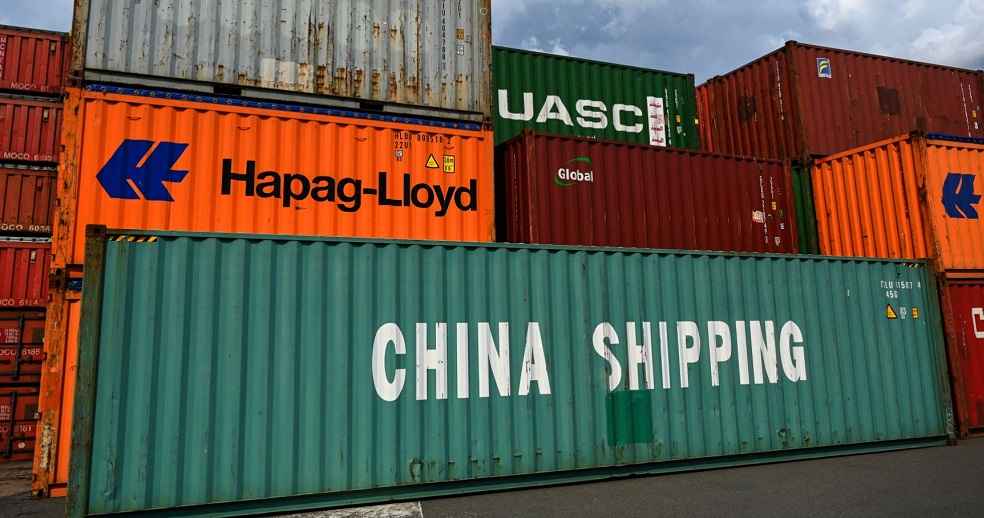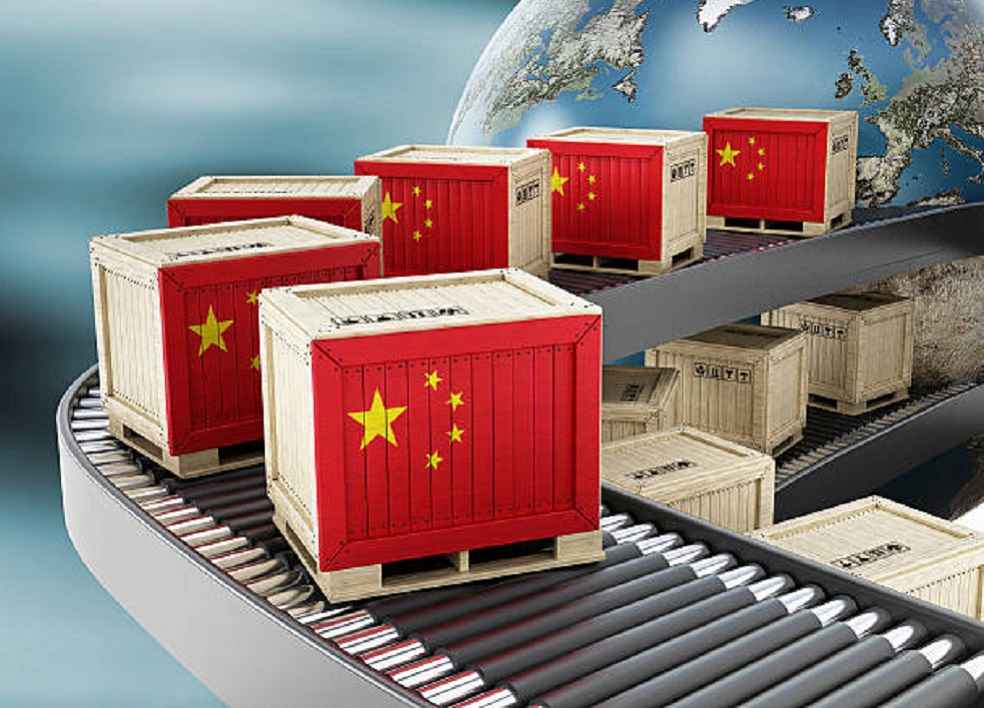Recent developments signal a pivotal shift for China-Germany trade relations amidst a complex global economic landscape characterized by geopolitical tensions and industry chain restructuring. Despite these challenges, the long-term trajectory of bilateral trade remains resilient.
Die Welt, a German newspaper, citing a report from Germany Trade and Invest, suggests a potential reorientation in Germany’s foreign trade alliances. The United States is poised to eclipse China as Germany’s primary trading partner. This shift emerges from a marked downturn in trade activities between Germany and China, evidencing a reconfiguration in international trade dynamics.
Data for 2023 reveals a bilateral trade volume of $206.78 billion between China and Germany, a decrease of 8.7 percent from the previous year. Detailed analysis shows China’s exports to Germany plummeting by 13 percent to $100.57 billion, while imports from Germany experienced a 4.2 percent decline to $106.21 billion, as per Chinese customs records.

Contrary to the views of some European politicians who interpret this decline as a triumph of strategic ‘de-risking’ from China, the underlying causes point to Germany’s own economic tribulations as a primary factor. German economic performance suffered a 0.3 percent contraction in 2023, beleaguered by inflationary pressures, elevated energy costs, and subdued foreign demand. This downturn, according to the Federal Statistics Office, potentially places Germany as the sole G7 nation to record an economic contraction in the previous year, corroborated by IMF forecasts.
The broader global economic milieu of 2023 was characterized by sluggish growth, marked by geopolitical frictions, mounting debt crises, and a pervasive economic downturn. This environment resulted in an estimated 5 percent contraction in global trade from 2022, with values dipping below $31 trillion, as reported by UNCTAD’s Global Trade Update.
This economic climate precipitated a significant reduction in Germany’s trade with key partners. December data showed a 9.9 percent decrease in German exports to the US and a 12.7 percent decline in exports to China.

Complicating this scenario is the US’s strategic pressure on Chinese manufacturing, including tactics like ‘decoupling,’ which have reshaped global industry and trade frameworks. German political discourse, often under the guise of ‘national security,’ has echoed a sentiment of ‘de-risking’ in economic engagements with China, aiming to lessen economic dependencies.
Despite these challenges and the ideologically driven approach to China policy, the foundational momentum of China-German economic ties appears unaltered. The 2023/24 Business Confidence Survey from the German Chamber of Commerce in China illustrates a robust commitment among German businesses to sustain operations in China, with 91 percent indicating their intent to continue their presence in the Chinese market. This determination underscores the deep-seated interdependence and confidence in bilateral collaboration.
China-Germany economic and trade relations are anchored in a rich historical context and bear considerable strategic significance. The interconnection of industry chains across both nations is profound, with major German sectors like automotive, mechanical engineering, and electronics heavily dependent on Chinese markets. Research by the Bundesbank reveals that nearly half of German manufacturing entities rely on China for crucial intermediate inputs.

Facing global economic headwinds, Germany’s strategy of distancing itself from China appears neither judicious nor beneficial. As an export-driven industrial powerhouse, robust trade ties with primary partners, notably China, are critical for Germany’s economic resurgence.
China, with its expansive consumer base, robust industry and supply chains, and progressively favorable business climate, continues as a key global economic player. Despite facing its own economic hurdles, the Chinese government has implemented strategies to bolster domestic demand.
The future of China-Germany trade hinges not on pessimistic outlooks, but on fortified cooperation and strategic alliances. Through collaborative efforts and innovative solutions, both nations can navigate their economic challenges, thereby deepening their economic interrelations.
BUSINESS GENERAL | Red Sea Crisis Sparks Global Trade Woes and Thai Economic Fears



